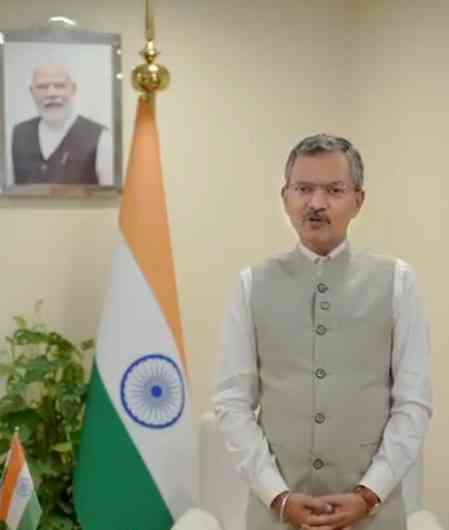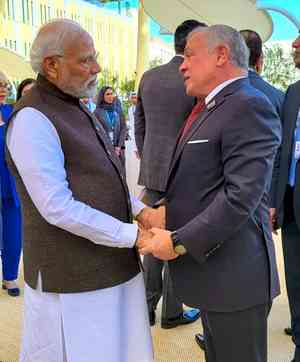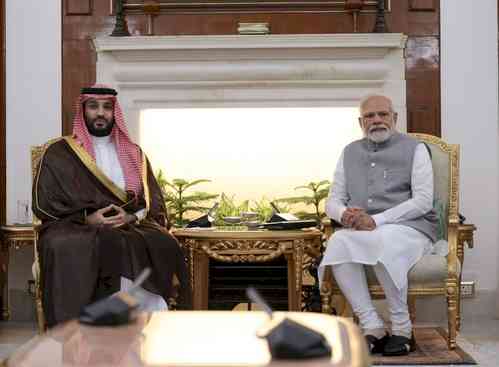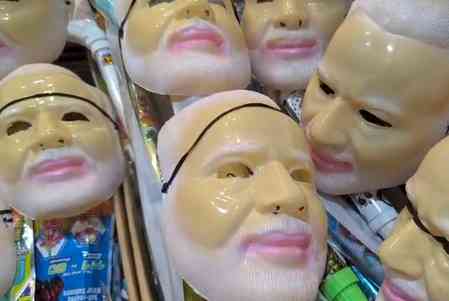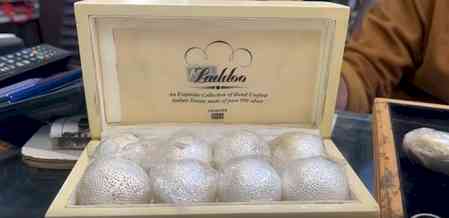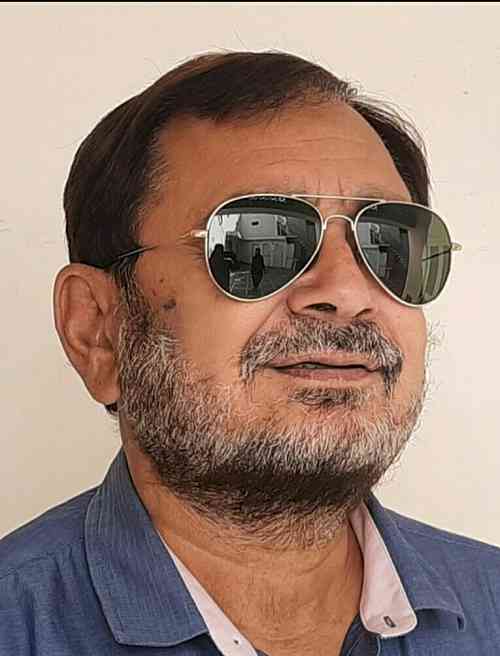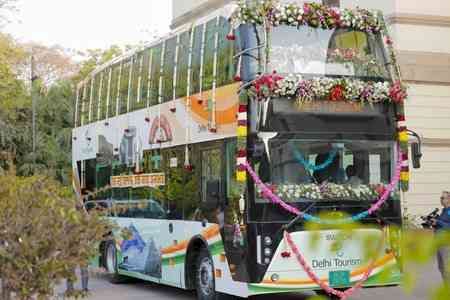'Bid to create media event': DOJ Special Counsel rejects Trump's demand for live broadcast of election interference case
DOJ Special Counsel Jack Smith has rejected ex-President Donald Trump’s demand for broadcast live the election subversion case on grounds that he would use the courts to create a media circus and generate a "carnival atmosphere".
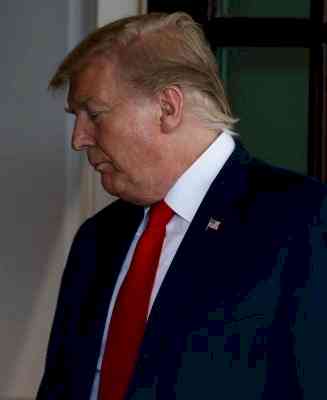
Washington, Nov 14 (IANS) DOJ Special Counsel Jack Smith has rejected ex-President Donald Trump’s demand for broadcast live the election subversion case on grounds that he would use the courts to create a media circus and generate a "carnival atmosphere".
Smith urged a federal judge overseeing Trump’s criminal election interference case in Washington DC that allowing live TV coverage of the trial would “create a carnival atmosphere” that the former President desires, as per a four-page filing lodged on Monday.
He called Trump’s gambit to broadcast the trial "a transparent effort to demand special treatment, try his case in the courtroom of public opinion, and turn his trial into a media event".
Since 1946, there has been a media prohibition in courtrooms. Certain pilot programmes have experimented allowing certain types of recording equipment to document civil proceedings in federal trial and appellate courts, but never for criminal proceedings, media reports said.
Several news outlets asked US District Judge Tanya Chutkan to allow live broadcast of the trial, saying the historic nature of the case warranted an exception to what they characterised as a strict rule that violated the First Amendment. They also argued that live video coverage would help undermine conspiracy theories surrounding the case, media reports said.
Ironically, Trump’s trial in Georgia’s Fulton County, where the former President has been charged in a sweeping racketeering scheme that accuses him and 18 co-defendants of plotting to overturn the 2020 presidential election results in that state, will be broadcast live. States make their own broadcasting decisions for state cases and, according to a Supreme Court precedent, may broadcast trials as long as the defendants’ rights to due process and a fair trial are protected, reports said.
Trump initially took "no position" on televising the trial, according to a filing that cites his lawyers. However on Friday, he did an about-turn filing a motion to Chutkan asking her to permit his trial to be broadcast live.
A televised trial is needed, his lawyers argued, because Trump is being treated "unfairly" by the Biden administration and because Smith had "sought to proceed in secret" with the election case.
To be sure, neither claim is true. News organisations have arranged around-the-clock coverage of the DC election interference case, along with Trump’s other indictments and criminal charges, reports said.
The filing, however, fails to set any legal precedent, but his lawyers argued that "President Trump absolutely agrees, and in fact demands, that these proceedings should be fully televised so that the American public can see first-hand that this case, just like others, is nothing more than a dreamt-up unconstitutional charade that should never be allowed to happen again", an US News and World report said
Smith argued in response Monday that Trump’s purported interest in providing “sunlight” on the judicial process – a phrase he’s used in the last few days, including at a rally in New Hampshire – is undercut by the fact that high-profile federal criminal trials have long abided by the broadcast prohibition rules and still managed to garner significant and detailed media coverage without eschewing the rules.
"The defendant peppers his response with various references to 'fairness', but what he actually seeks is to defy a uniform and longstanding broadcast prohibition that was crafted precisely with fair and orderly trial proceedings in mind," Smith wrote.
"He desires instead to create a carnival atmosphere from which he hopes to profit by distracting, like many fraud defendants try to do, from the charges against him."



 IANS
IANS 
